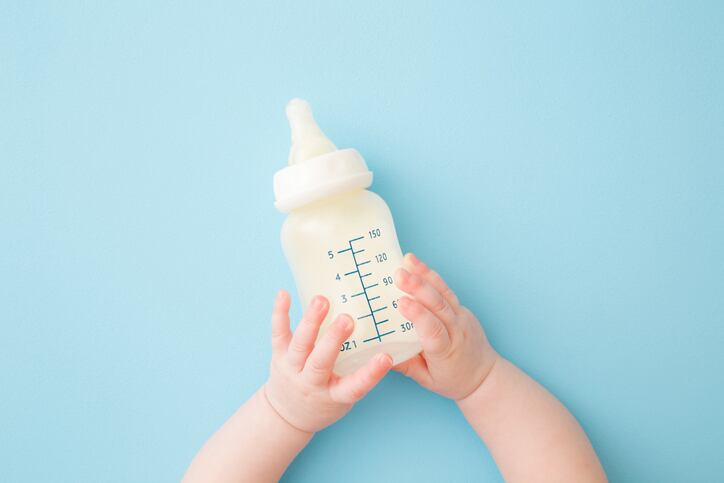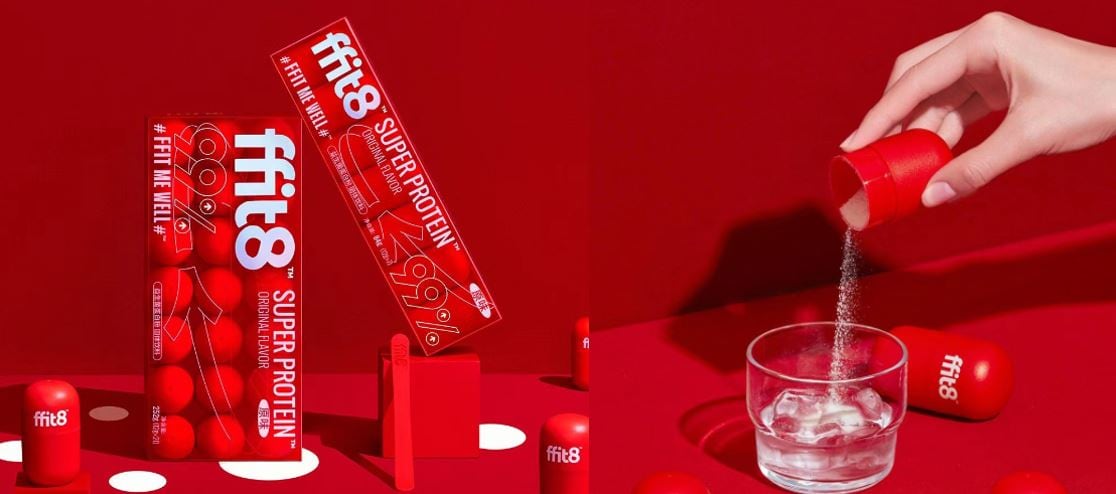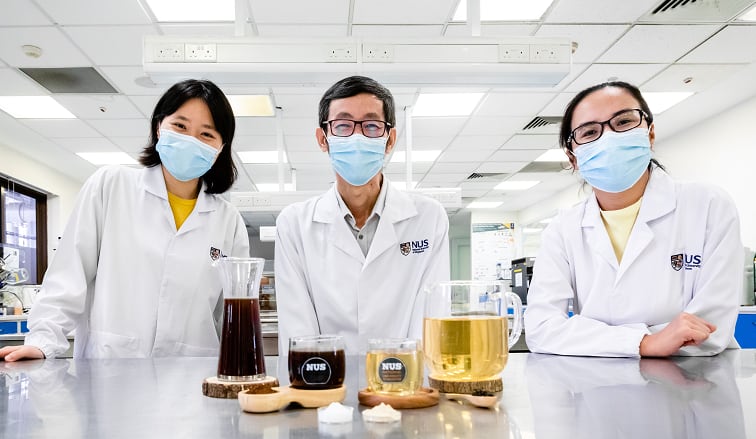AMiLi was established in 2019 aiming to create the first microbiome bank and reference library in SEA, using stool samples donated by volunteers.
For the Bio+Me test, individuals also have the opportunity to contribute to the Asian gut microbiome bank, to further research in diseases ranging from autism, diabetes to inflammatory bowel disease.
Dr Saishreyas Sundarajoo, who heads clinical affairs for Bio+Me, told NutraIngredients-Asia: “In the last five to 10 years, there has been an explosion of research behind the gut microbiome and how it affects our health, such as the gut-brain axis, cardiovascular health or even mental health.”
After almost a year of R&D, AMiLi launched Bio+Me, aiming to identify the types of gut microbiota in the Asian population, study its functions, and how to modulate the diet to optimise health.
According to Dr Sundarajoo, Bio+Me is not a novel idea, and companies in the US and Europe have developed such kits in the past.
He admitted that Asia was late to the game. “Unfortunately, Asia has been behind on this research. most of the research that has happened in the last five to 10 years has come from the West, mostly America and the UK, and most of these data represent Caucasian data sets.”
“In Singapore, we are a multi-racial, multi-ethnic group of people who eat all sorts of different foods, so it suffices to say that there must be some significant difference in the Asian microbiomes compared to the West.”
How it works
Bio+me requires a small stool sample (1g) from users, which will be collected in a tube and sent back to the lab.
At the lab, bacterial DNA is extracted from the sample, and run through a next generation sequencing machine, which identifies the DNA fragments.
“We do an analysis of these DNA fragments and figure out the different types of bacteria and what proportions are in your stool.
“After this, we match it to our bioinformatics pipeline that tells us what these bacteria do for you. For example, we're able to look at neurotransmitter production such as GABA or serotonin which influences mood and mental health. We’re able to figure out your cardiovascular health through the production of trimethylamine oxide, which is also based on bacterial activity.”
Dr Sundarajoo explains more in the video.
A report comprising of a microbiome profile, Think Well, Feel Well and Live Well sections will be generated along with personalised nutrition recommendations.
The microbiome profile will contain information such as the types of bacteria in your body, proportions, how you compare with others, your diversity and the taxonomic categorisation of your bacteria.
A higher diversity of bacterial in the gut, reflects a greater abundance and richness which correlates to better health outcomes.
Dr Sundarajoo said it would be interesting to compare microbial composition with people of similar gender, age, and BMI.
For the Think Well section, it focuses on the production of neurotransmitters that influence your feelings, mood and brain function.
The Live Well section looks at microbes that impact heart, gut and liver health.
The Feel Well category measures your microbiome’s efficiency in breaking down nutrients and producing short-chain fatty acids which are important for energy and metabolism.
Finally, the report also comes with personalised nutrition recommendations, based on foods you should eat and foods you may want to avoid, according to your dietary preferences.
Dr Sundarajoo said a common observation among users of Bio+me is the low diversity of bacteria and a lack of fibre in their diet.
“Low bacterial diversity means you're not eating enough variety of foods. It is key to increase and expand the number of things you eat. So, I think fresh fruits and vegetables, and a little bit of fermented foods such as kimchi and tempeh help in increasing bacterial diversity.”
“Even switching from white rice to brown rice introduces more fibre into the diet.”
Fibre act as prebiotics, which are important for gut bacteria to thrive.
These targeted and personalised recommendations are developed by the company’s in-house nutrition team.
“Everyone's microbiome is different and unique and figuring out what works for you is one of the most important aspects of personal nutrition,” Dr Sundarajoo said.
Creating a habit
Unlike genetic tests, which only need to be done once, the microbiome changes with lifestyle and diet.
So Dr Sundarajoo recommends taking the Bio+me test every three to six months, “which allows you to change your diet gradually and it's something that is habit forming. Studies have shown that changes to the microbiome comes with sustained changes in the diet.”
The firm has sold several hundred kits since December, however, Dr Sundarajoo said the ultimate goal was to collect enough reference data so that it can understand the Singaporean microbiome better.
The kit has received keen interest from Malaysia, and the company hopes to launch there once the pandemic has settled, as well as other South East Asian countries in the future.
Each Bio+Me gut microbiome sequencing kit cost SG$229 (US$172).



